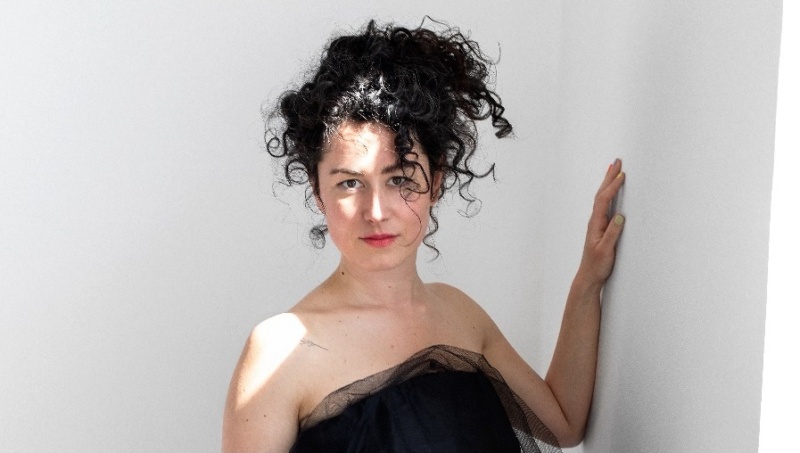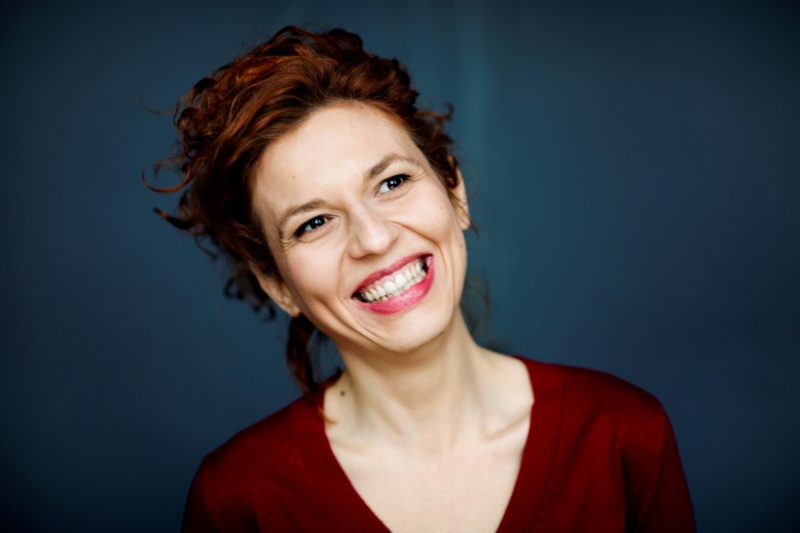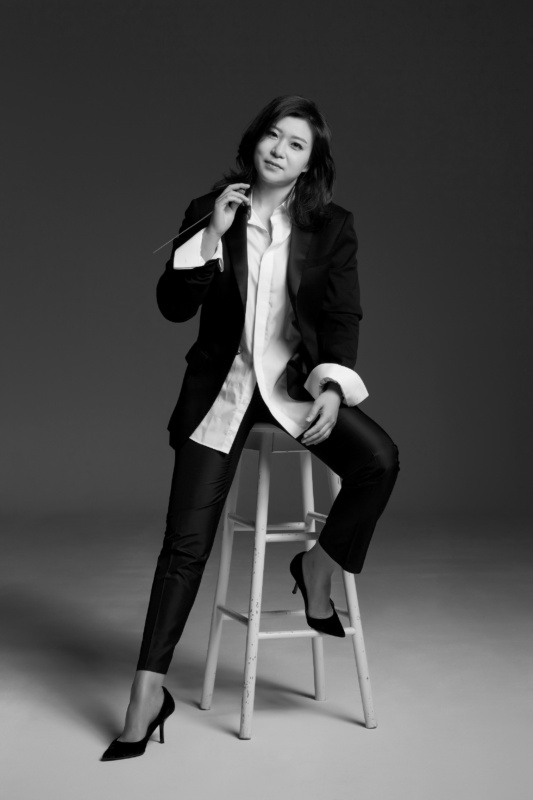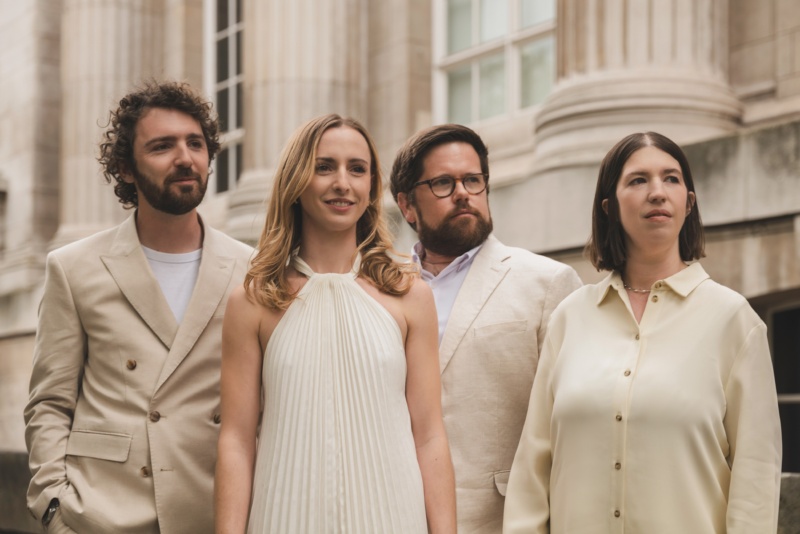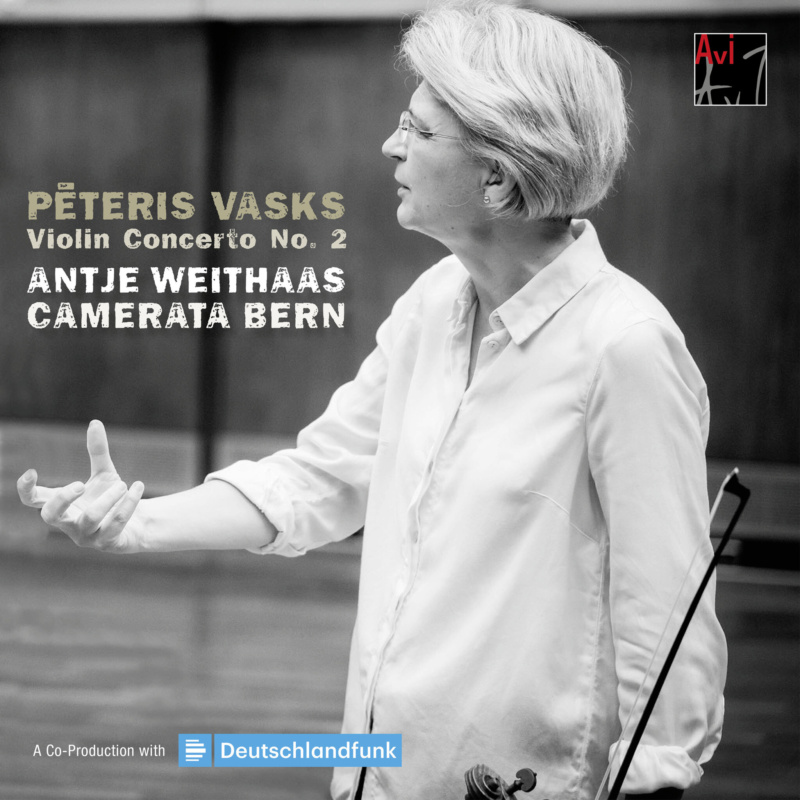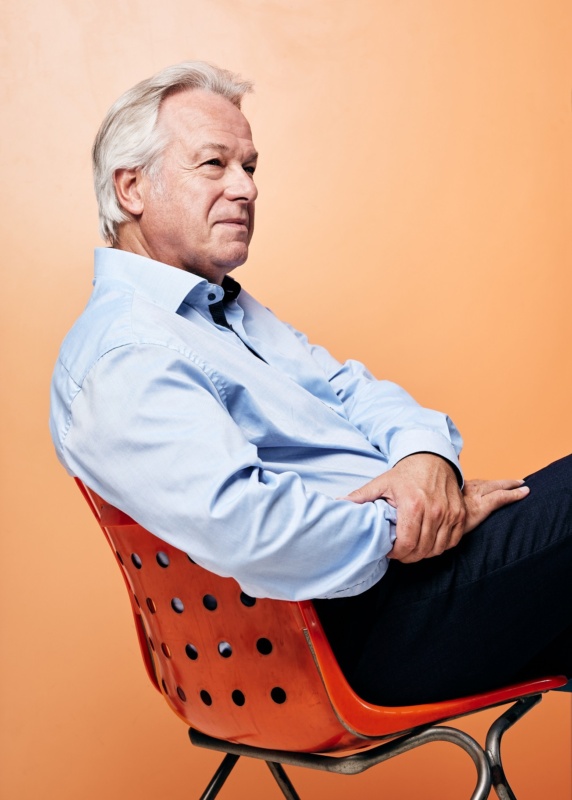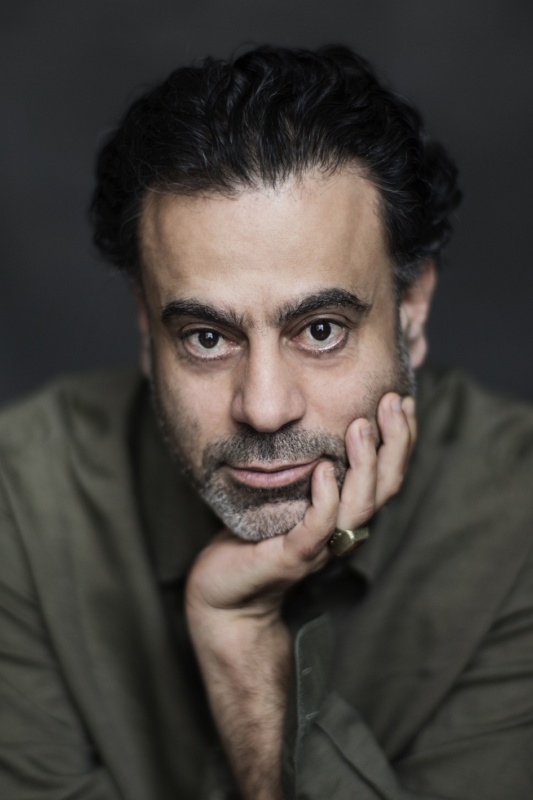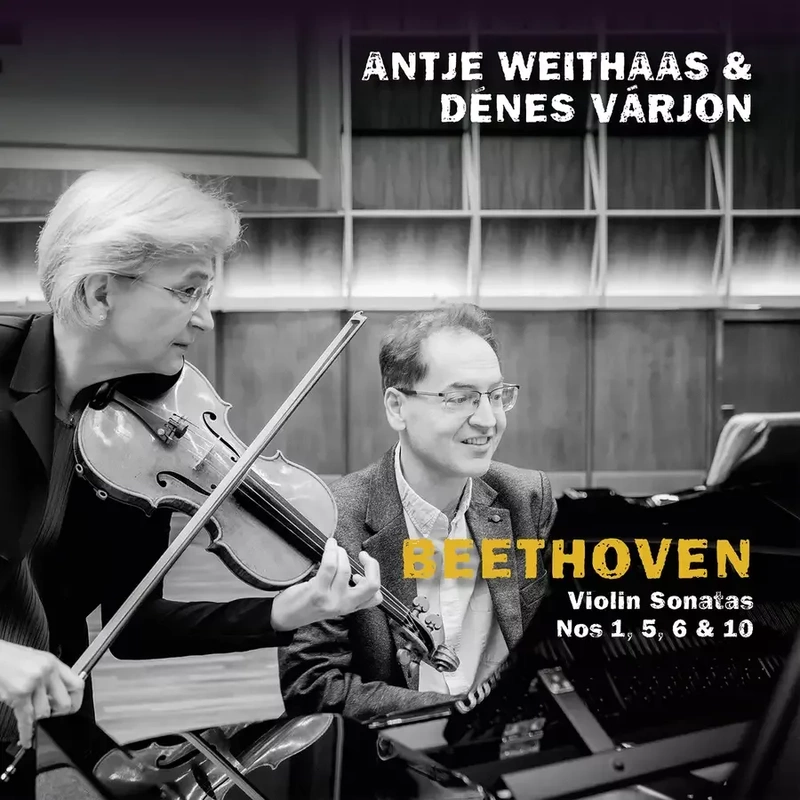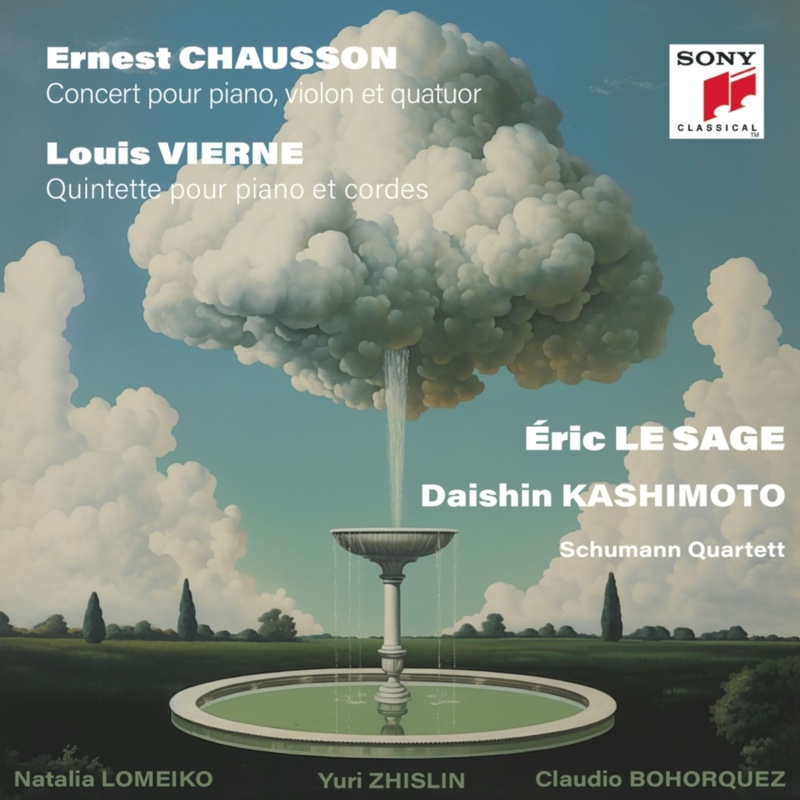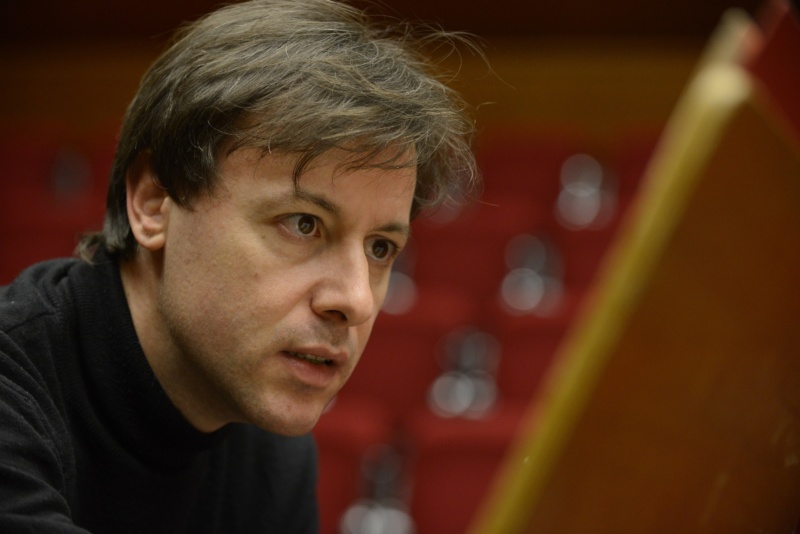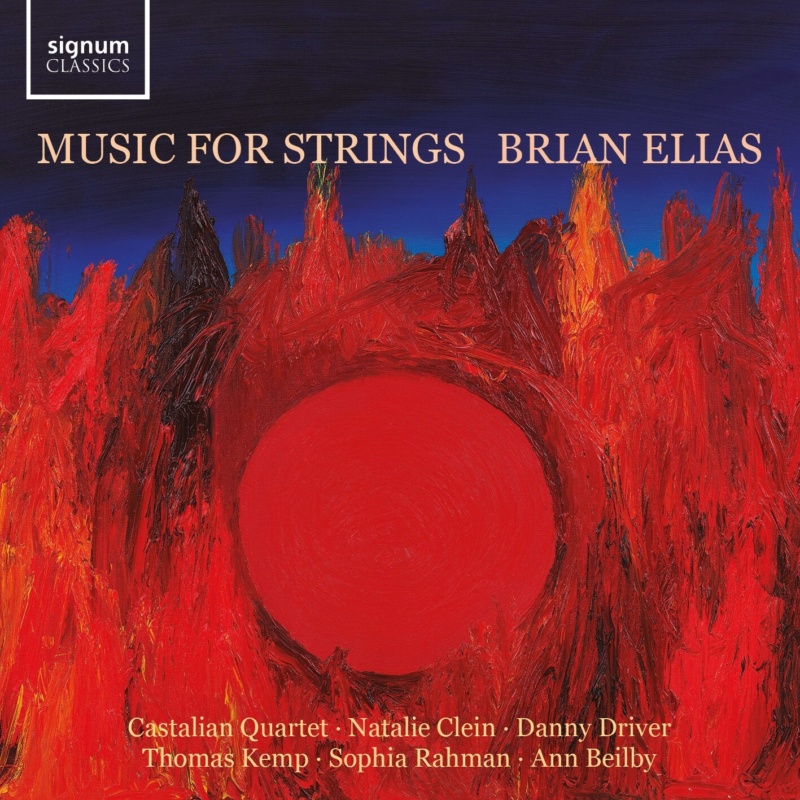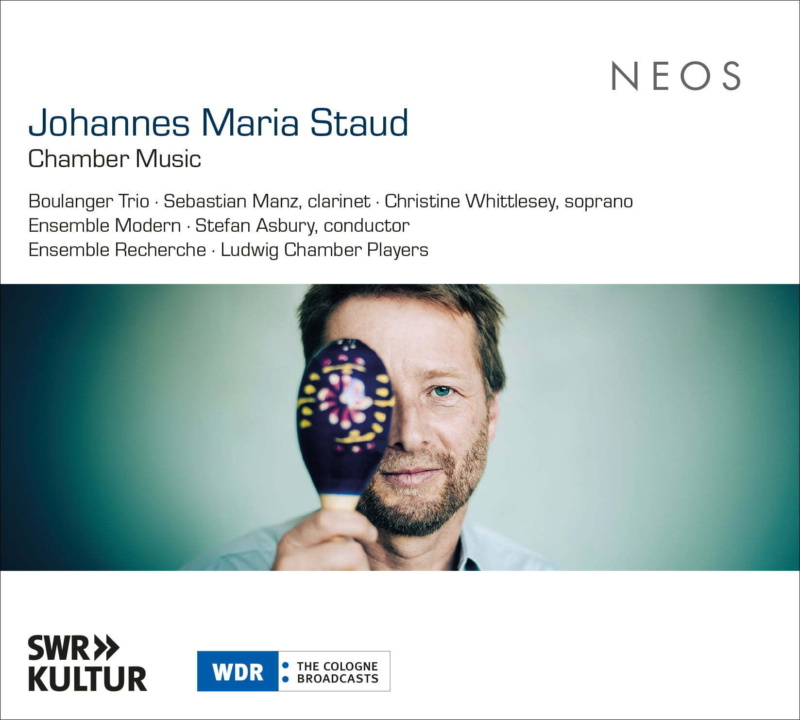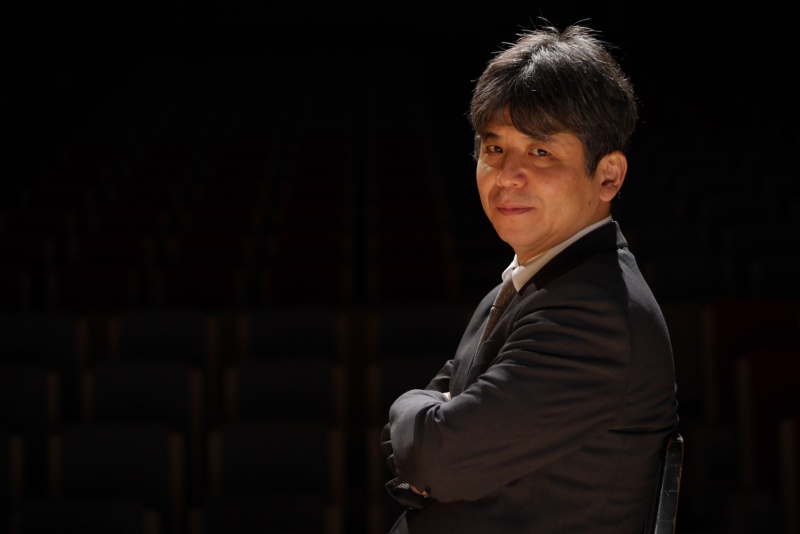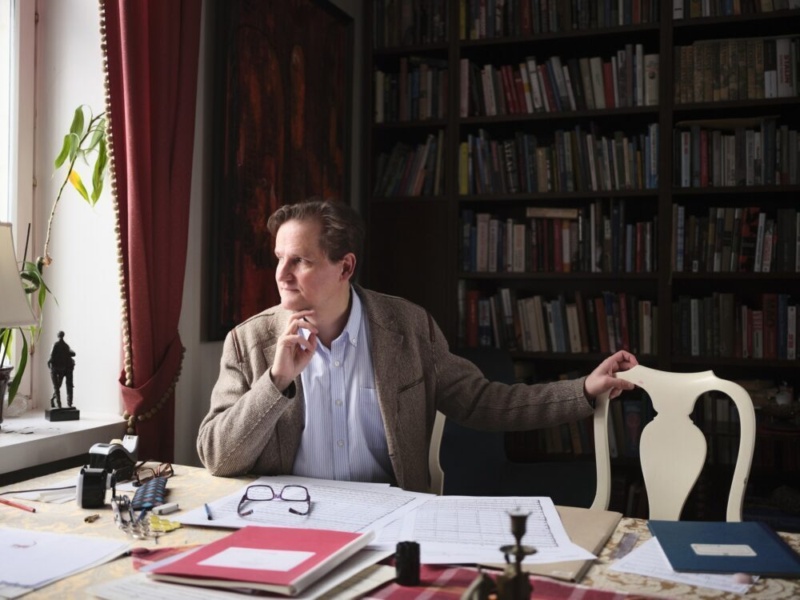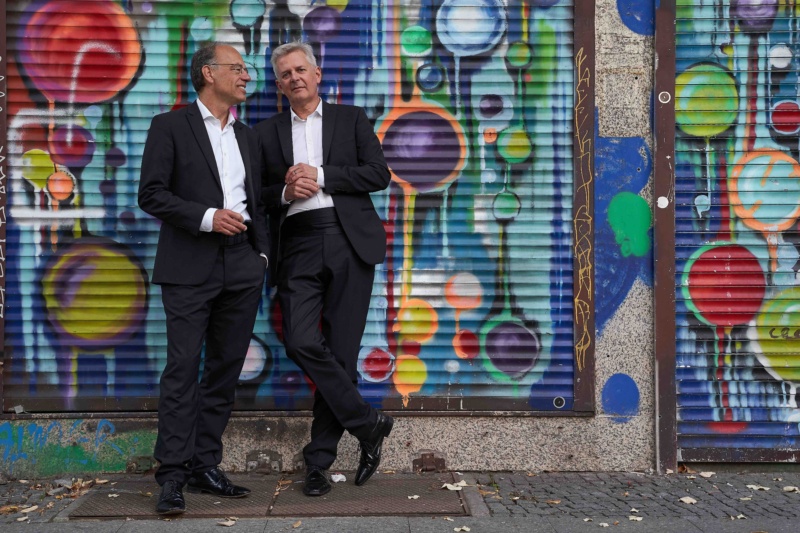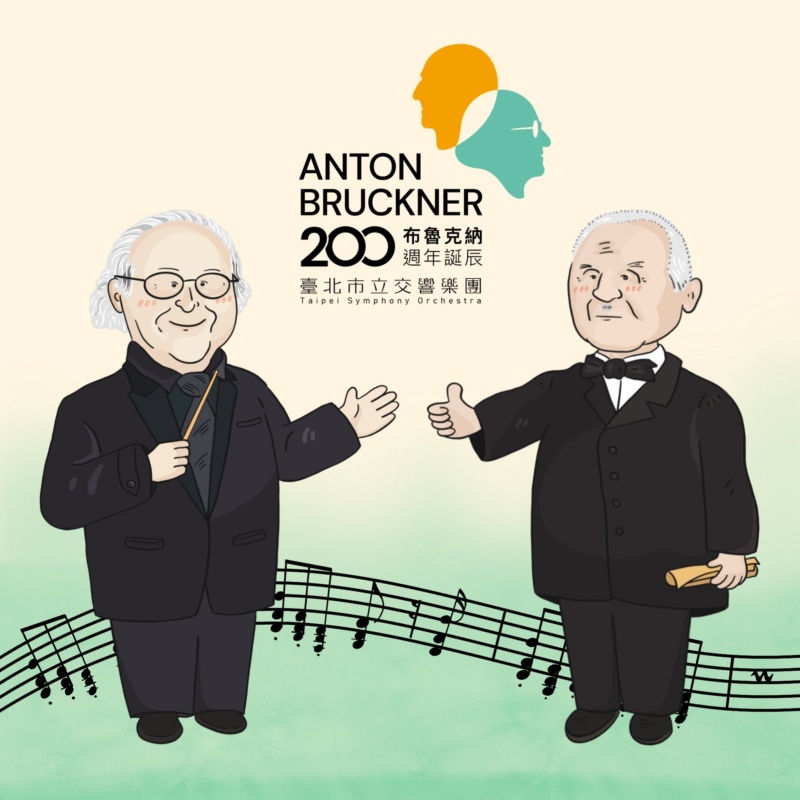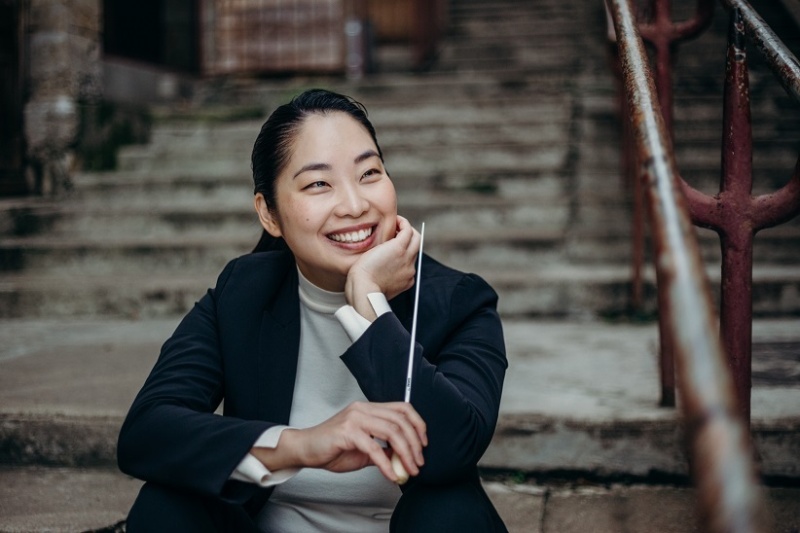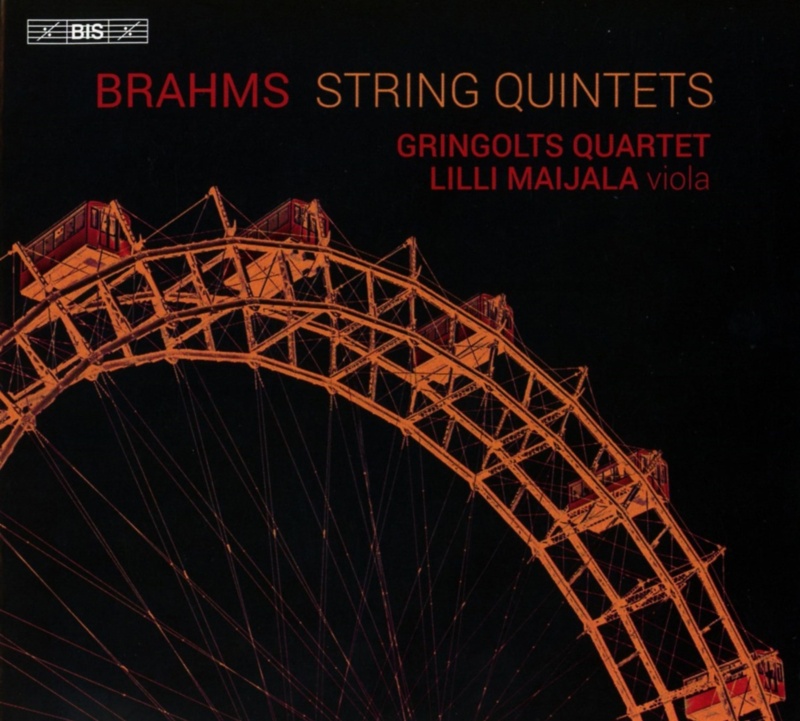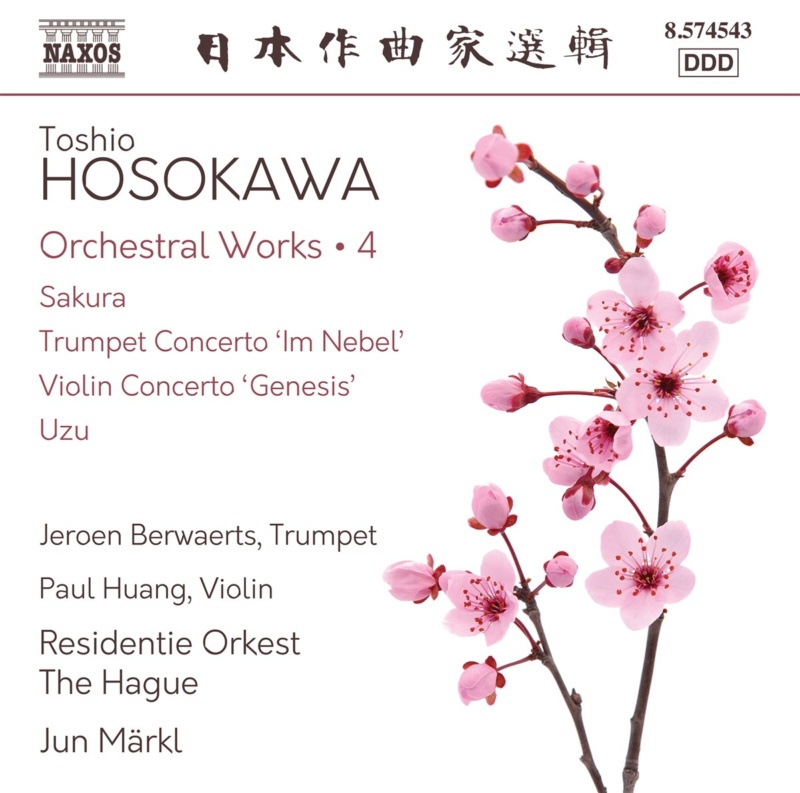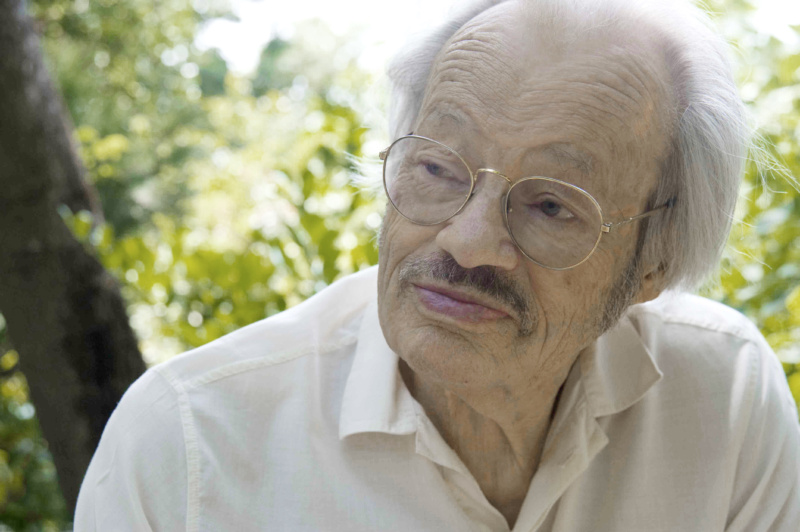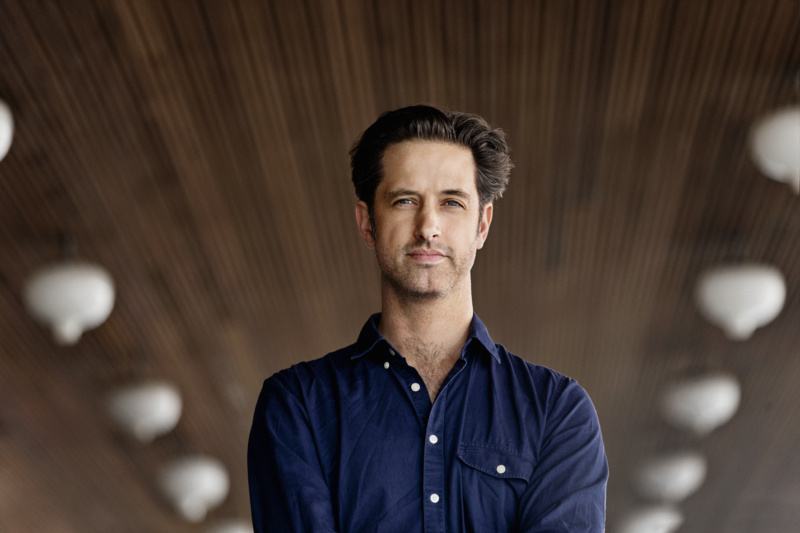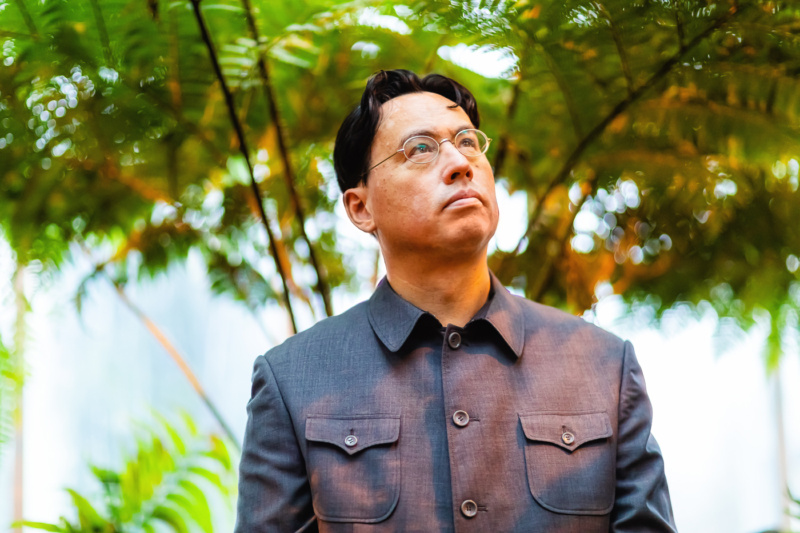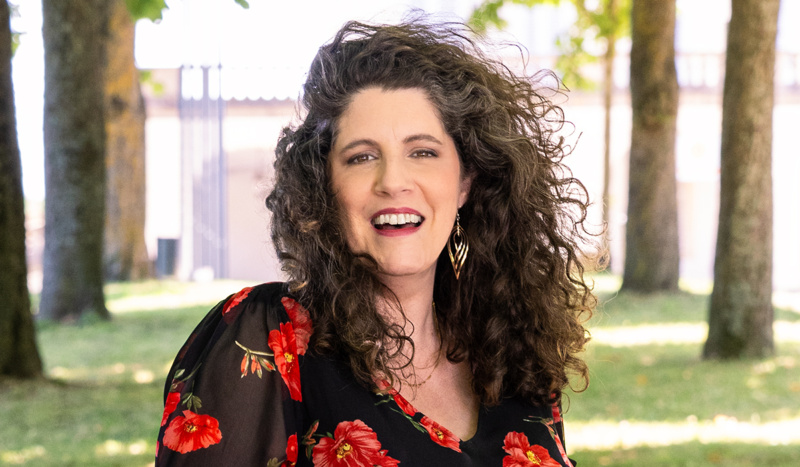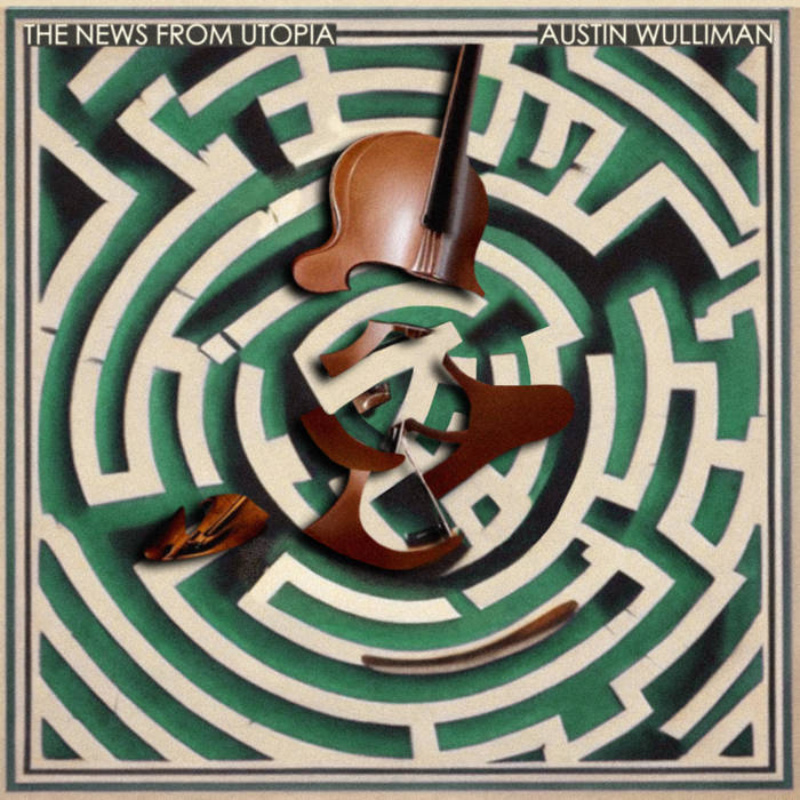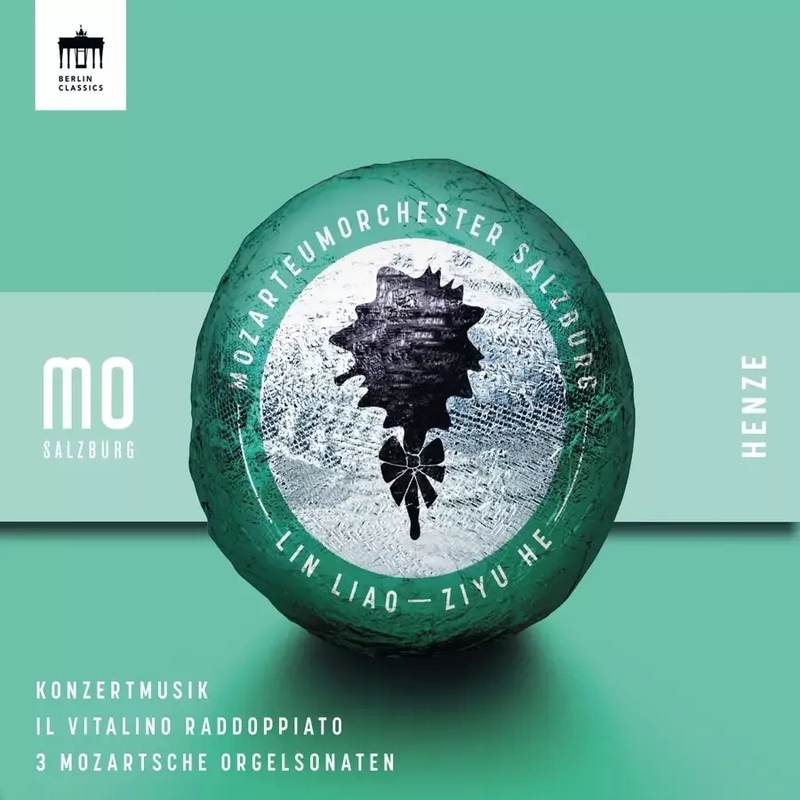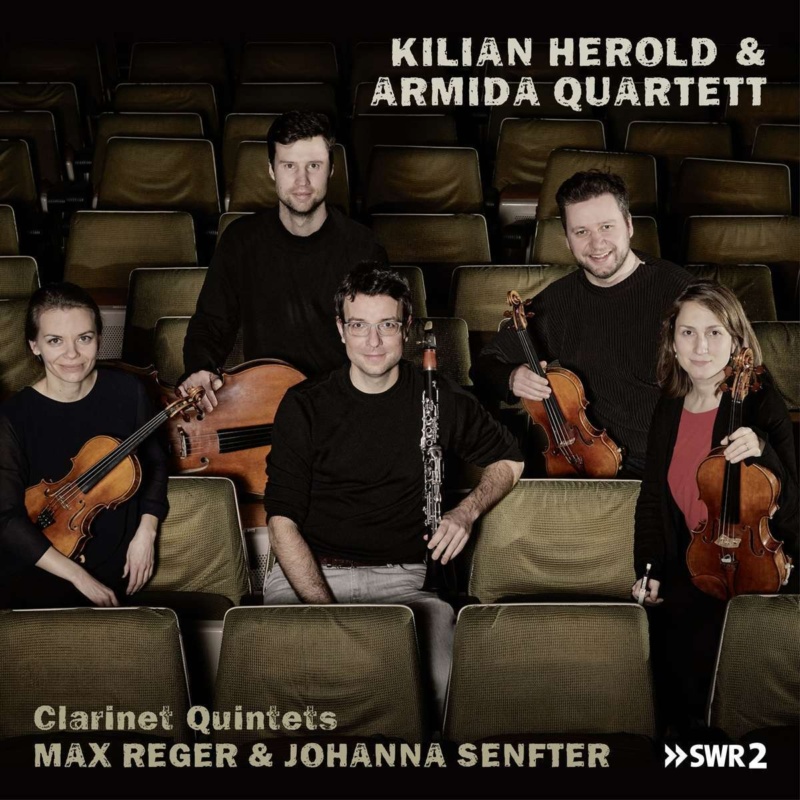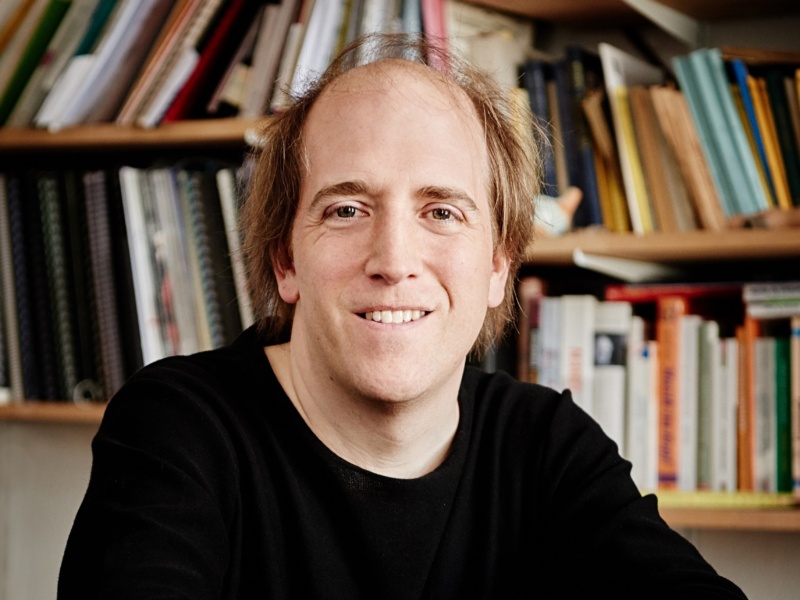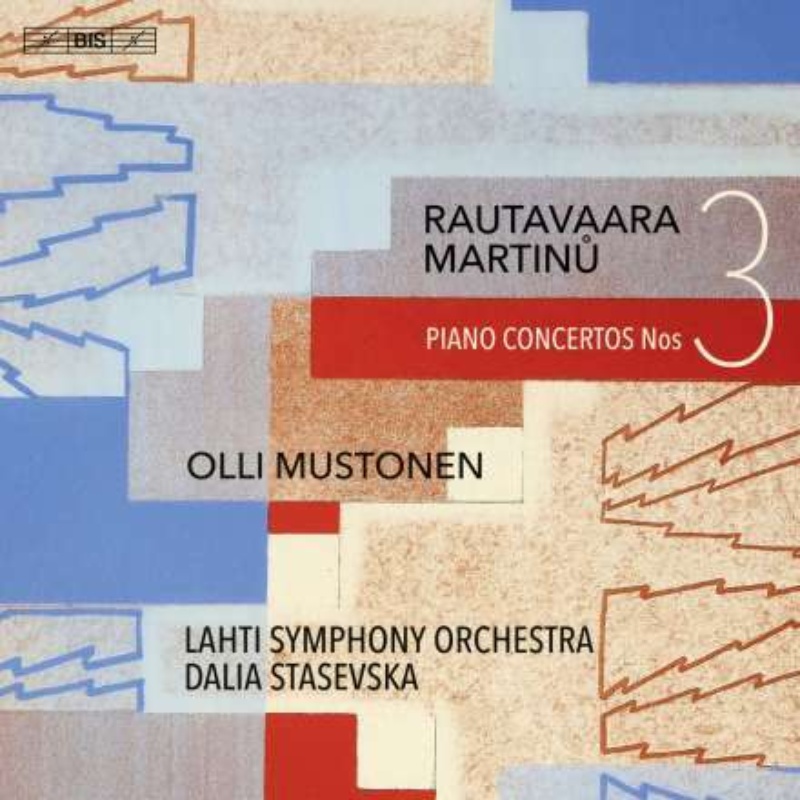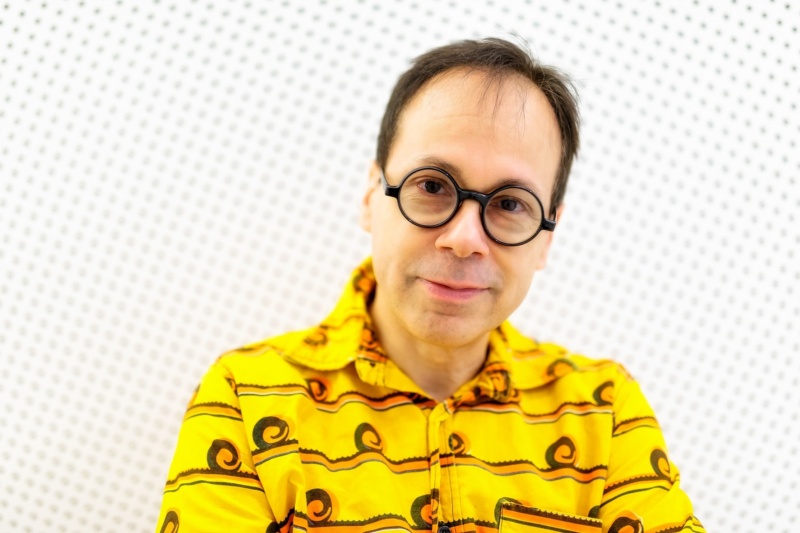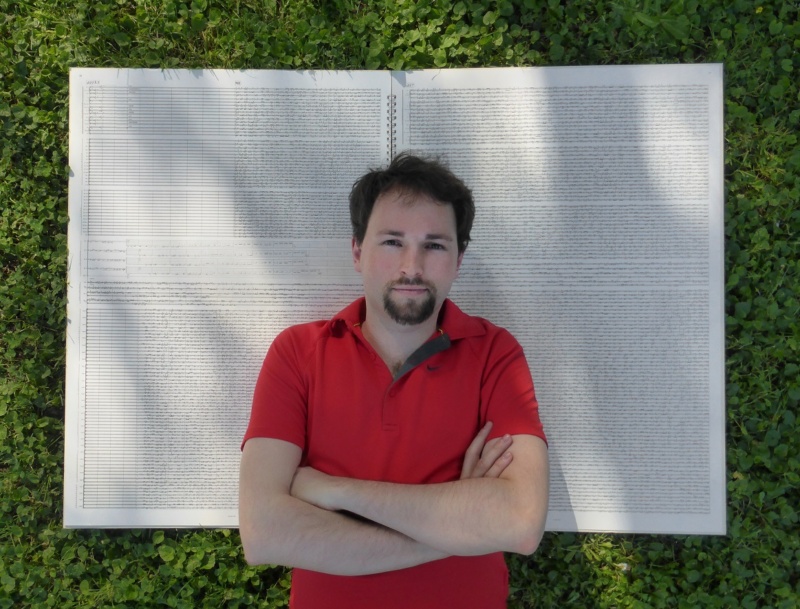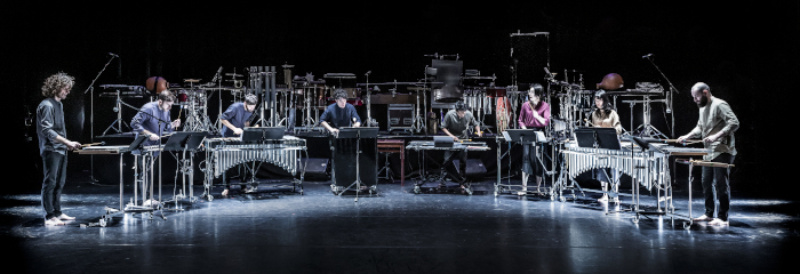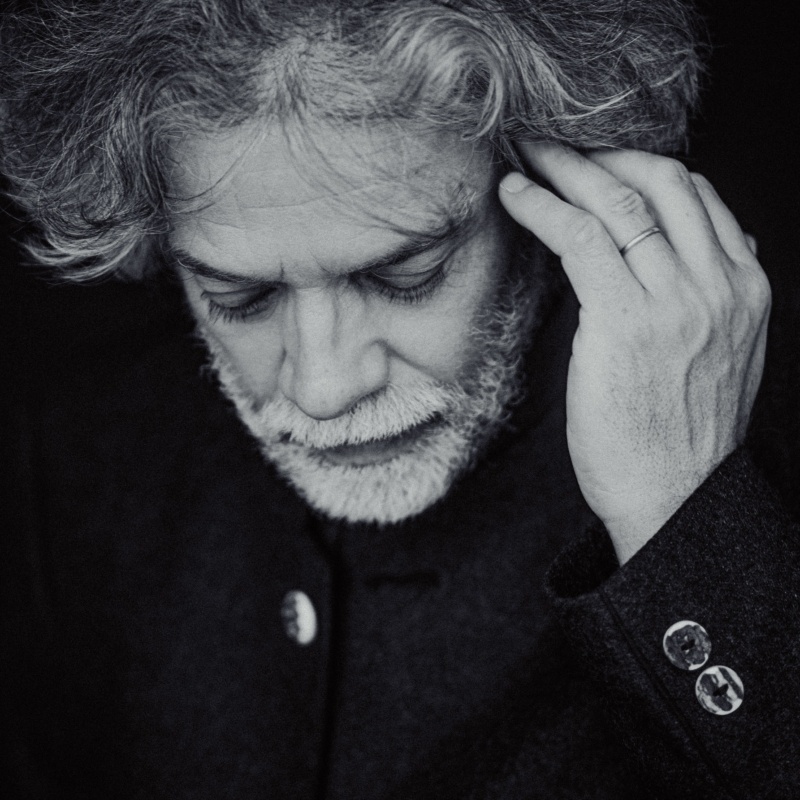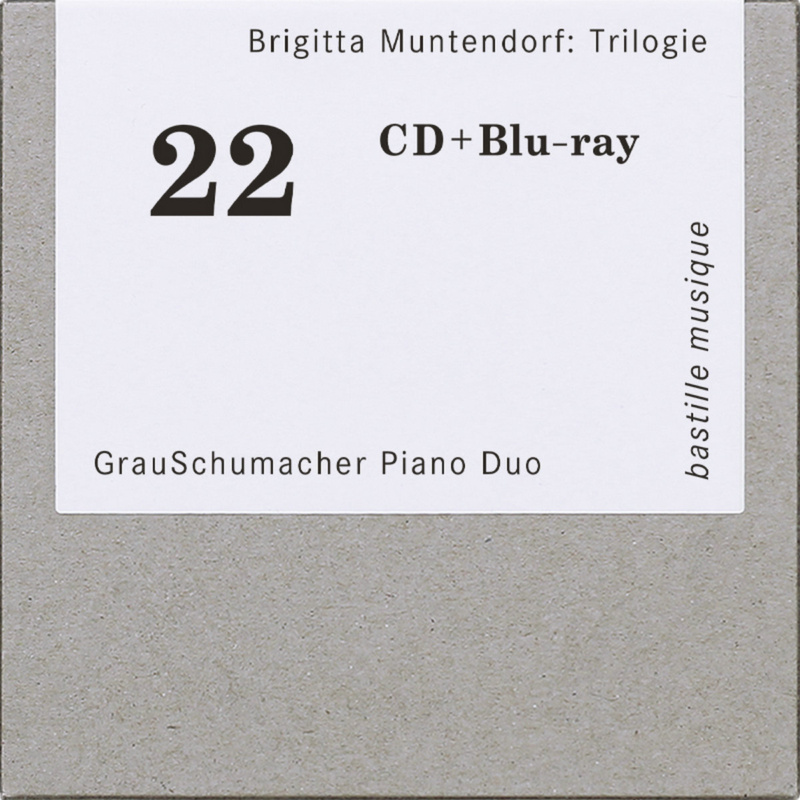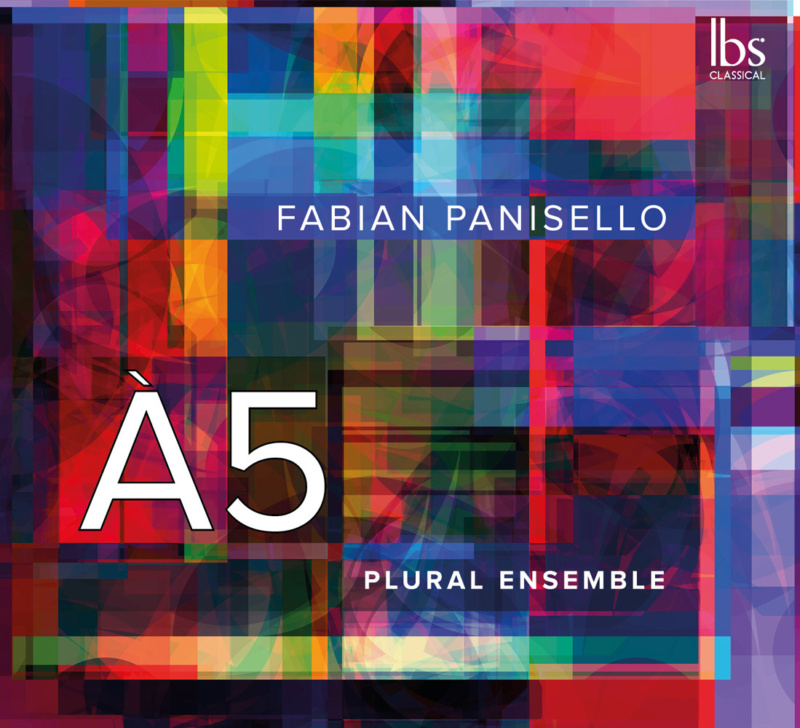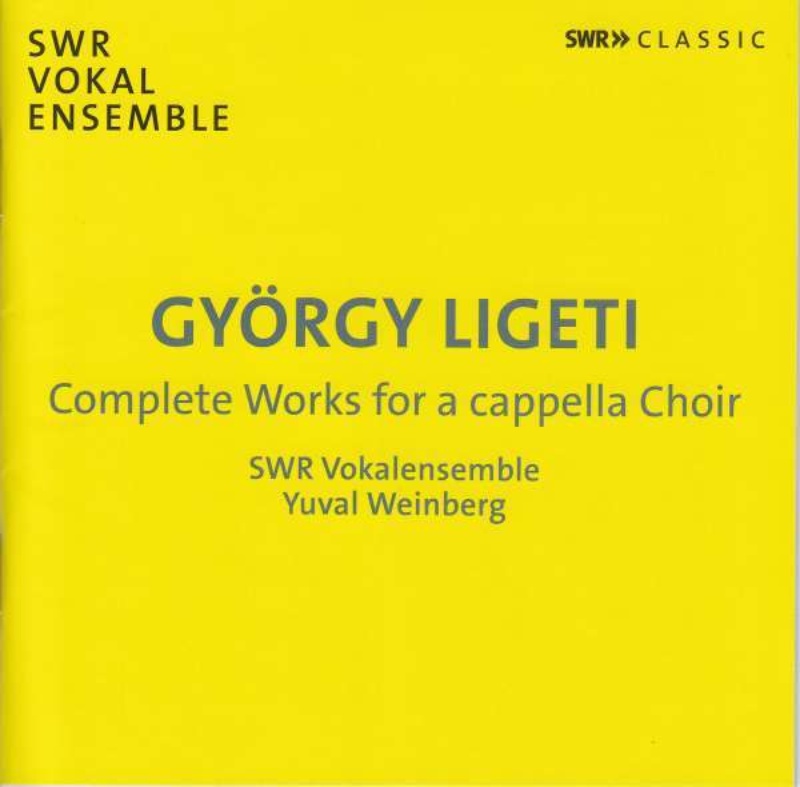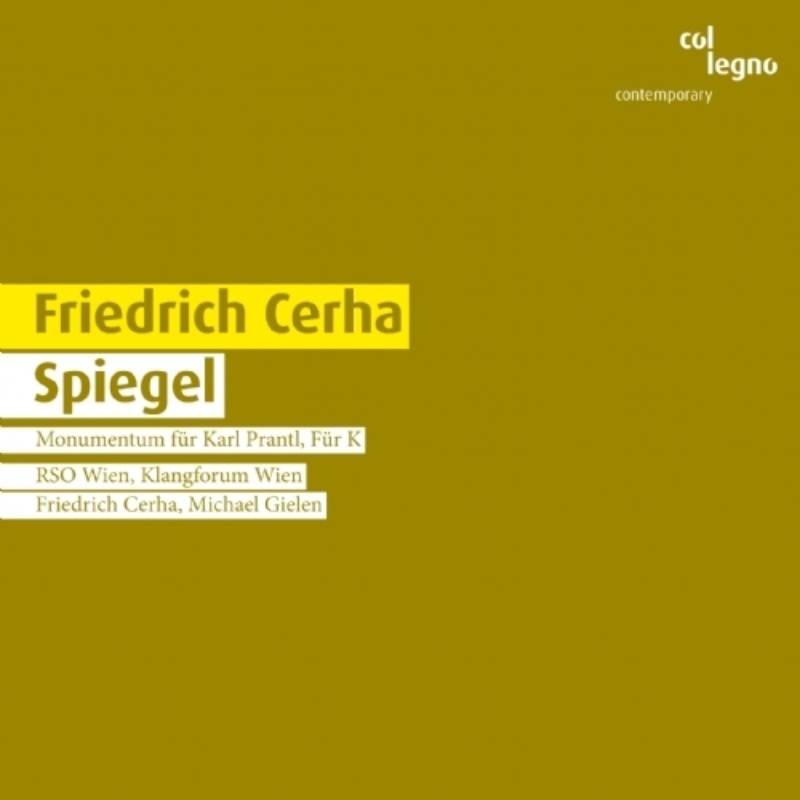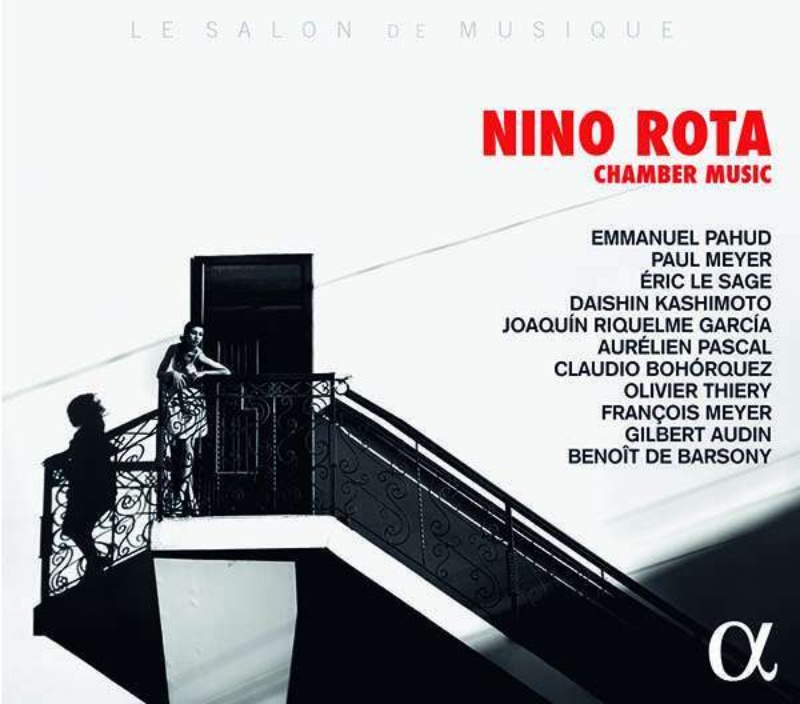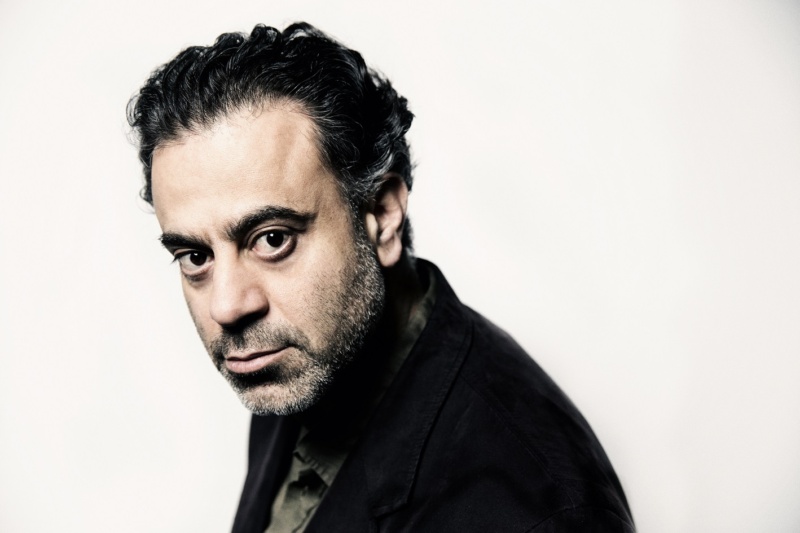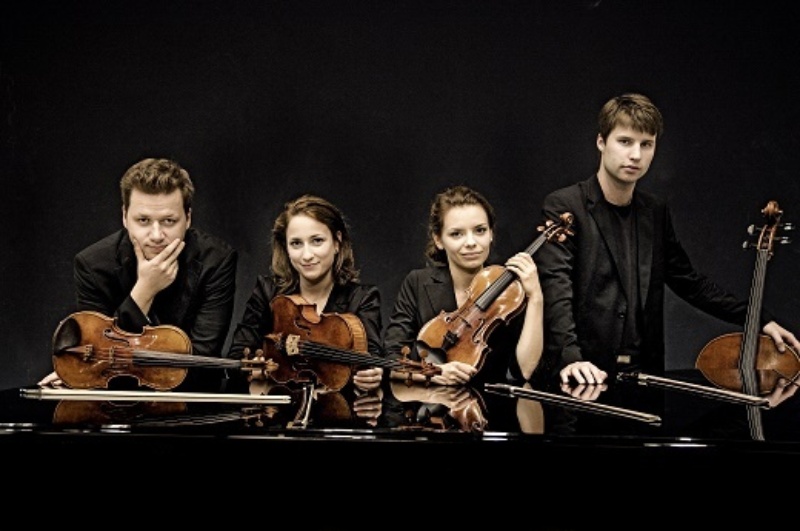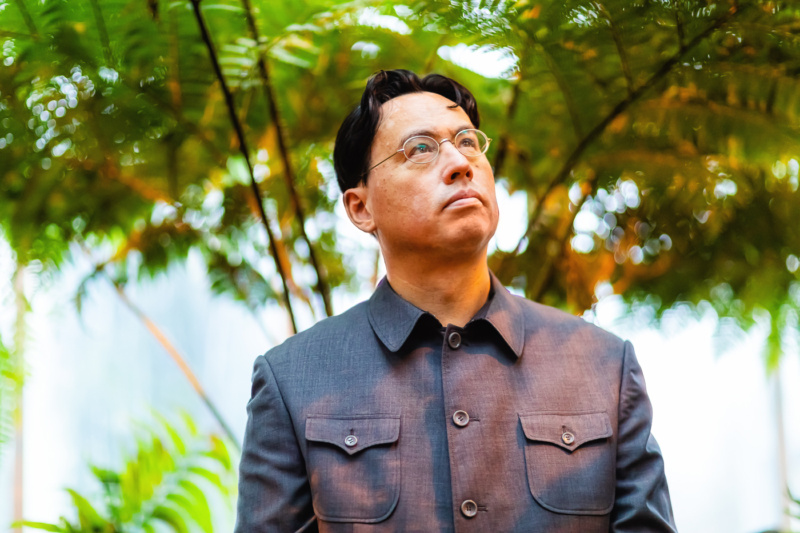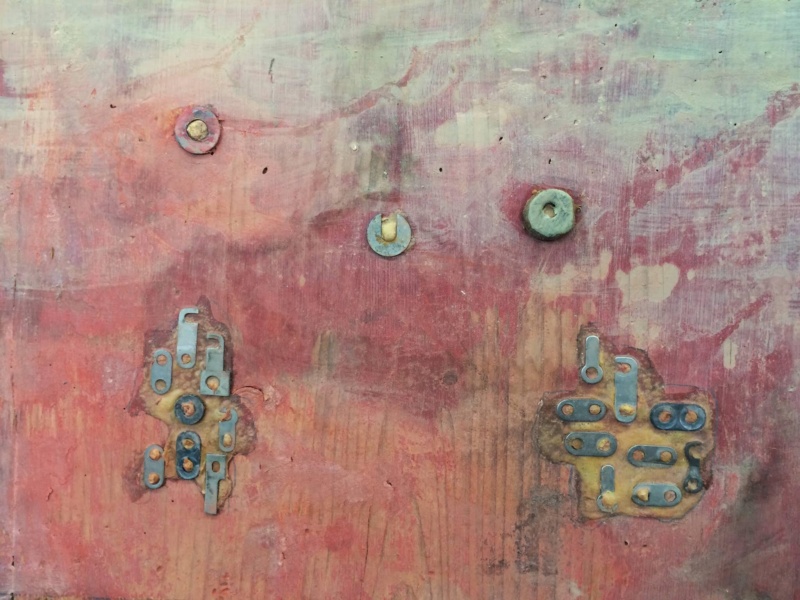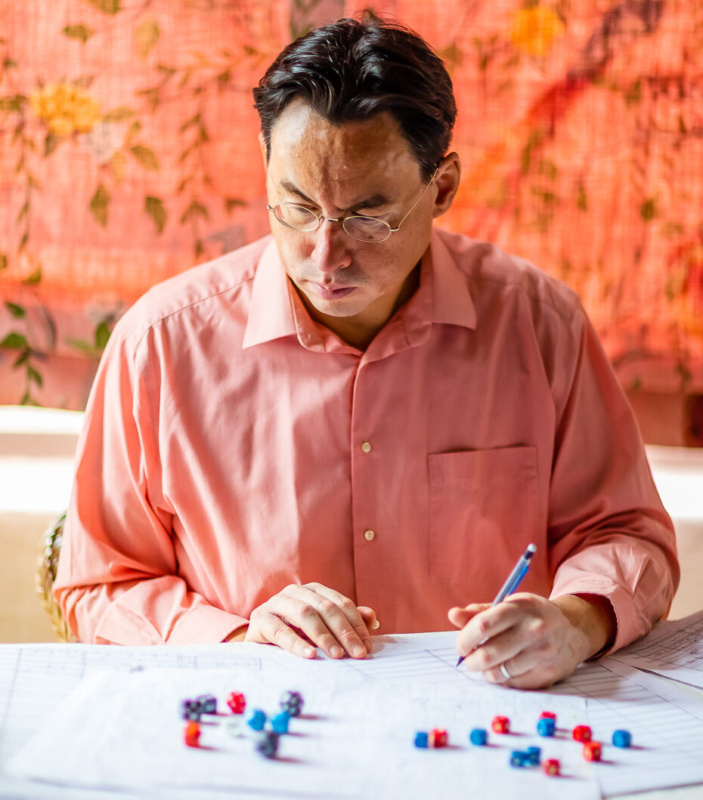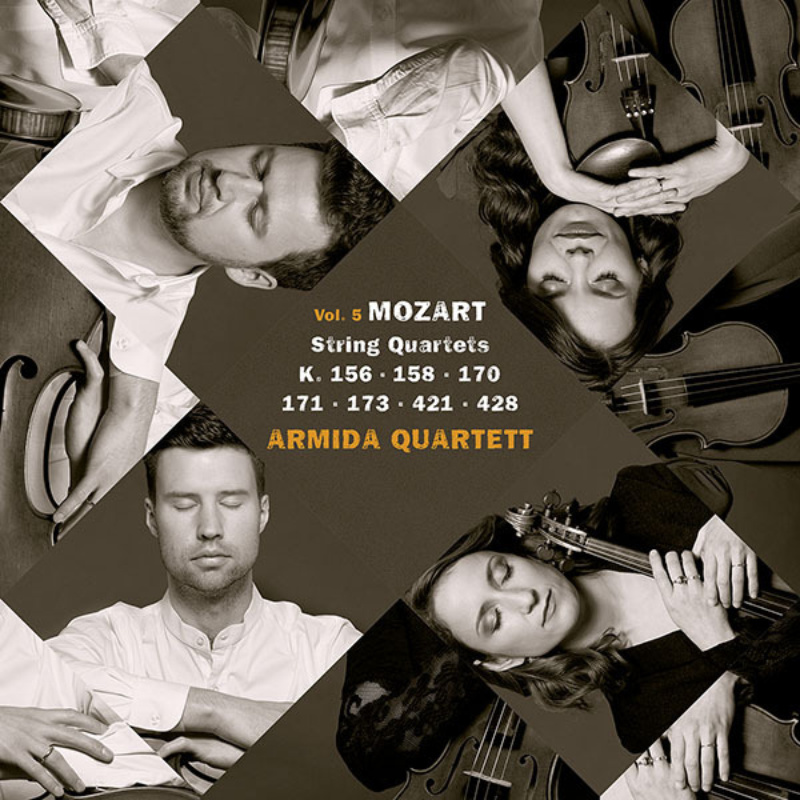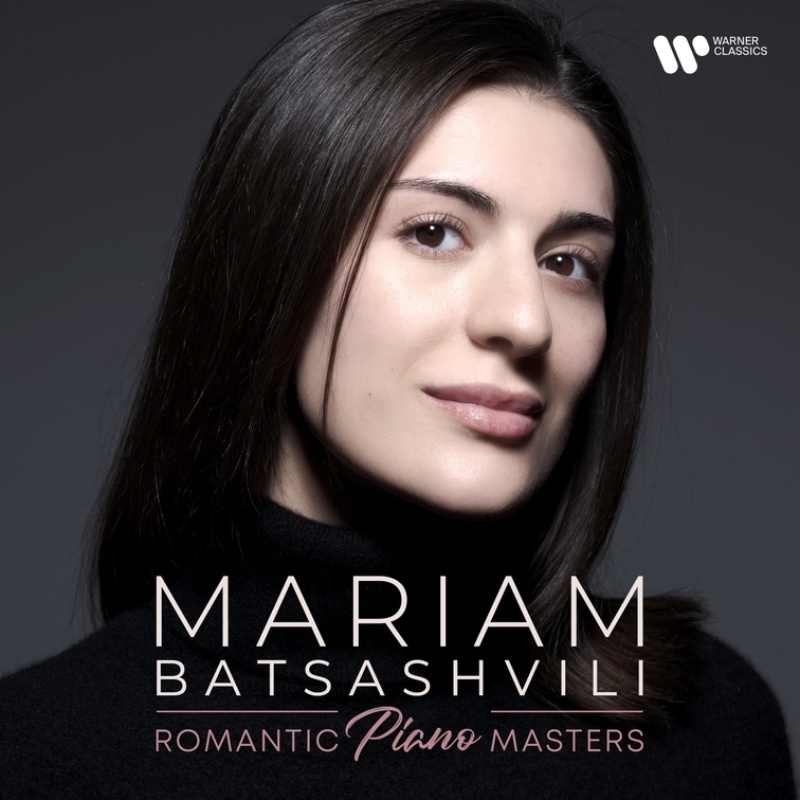After the successful first round in the academic year 2014/15, young conductors can again apply for an internationally unique programme at Berlin’s University of the Arts (UdK): The International Conducting Academy Berlin (ICAB), conceived and directed by Steven Sloane, offers, alongside a two-year master's degree programme, a one-year postgraduate course, specifically tailored to the individual needs of the participants. It offers conductors with first work experience, who are already beyond the master’s level, a very focused way to improve upon their capabilities, benefitting from a variety of collaborations with orchestras and opera houses in Berlin and other German cities.
Pablo Rus Broseta, one of the first two students of the Advanced Professional Training for Conductors, explains why it was the right decision for him as a professionally successful young conductor to again spend time at a University. "It's true that I am already conducting important concerts. However, life as a conductor can suddenly be very lonely. No one comes to you and says, be careful in this bar, maybe you should try this technique. I have certainly conducted at a professional level before but during this year, I can still evolve a lot thanks to the great feedback."
“Usually there is only one conductor in the room," says Harry Curtis, who, as teacher and course coordinator for the ICAB, keeps the many organisational threads of the study programme in hand. "The musicians in front of you notice if something doesn’t work out. But they can’t tell you why! It is this information that the students get from us. The Academy therefore aims to create a platform that puts them in a live situation as often as possible – but not without help," he says. For Pablo Rus Broseta’s agenda, this means: "At the beginning of the semester, I look at the plan and I see, for example, that in October we will travel to the orchestras in Frankfurt and Brandenburg. So, let’s say in one month you have two different repertoires. This is a lot of work, but it prepares you for professional life in the future. Because normally if things go well, you have a lot to do and a lot to study in a very short time.”
The info leaflet promoting the University of the Arts’ new course
describes the etymology of the verb ‘to conduct’: originally it means,
‘to bring together’. And this is exactly what the ICAB does. Both within
the university and in relation to the cultural opportunities available
in Berlin as a city of music, it creates a network of people, places and
resources to be used by the students. And this can be taken as a clear
indication of Steven Sloane’s handwriting. After all, he has gained much
esteem as a "conductor" not only on the podium, but also in this
extended sense. At the moment, his role in the creation of a new concert
hall in Bochum is raising the German media’s attention in particular.
As the city of Munich is facing a controversial and seemingly desperate
debate about the necessity of a new concert hall, the Bochum concert
hall seems like a benchmark: it shows that even in an economically
desolate city it is possible to build a cultural centre that will both
serve the Bochumer Symphoniker as an adequate home and host the city’s
music school, thus becoming a place for education and dialogue. Not only
as the orchestra’s chief conductor – now in his 20th season – and
networker for the new concert hall, but also as a member of the artistic
board of the European Capital of Culture RUHR 2010 and for countless
small and large projects in the Ruhr region, Steven Sloane has brought
together people, institutions and ideas.
But back to the ICAB: Harry Curtis explains how cooperation and
networking are achieved at the Academy. First of all, the university
itself offers great possibilities. Sound engineers, composers, Early
Music specialists, singers – they all study or respectively teach just
down the hallway and are available for project-based collaborations as
well as individual meetings on the young conductors’ specific questions.
Pablo Rus Broseta found the collaboration with the opera department
especially valuable, including fully staged opera rehearsals with
singers and orchestra. "I have not worked in this area so much, that’s
why it is so important to me,” he says. “And Steven Sloane is a great
teacher for opera. From him I am learning a lot about how drama evolves,
how everything is connected to the text. His special technique was new
to me – he really created his own conducting vocabulary for the opera
repertoire."
In order to be able to respond to the learning needs of the participants, who bring along not only an individual professional experience but also manage their concert agendas parallel to their studies, the organisational setup of the Advanced Professional Training for Conductors is a special one: as a postgraduate training programme of the University of the Arts’ Career College, it offers more freedom than other programmes that have to undergo the German university system’s complicated formal recognition procedures. Candidates do not necessarily have to speak German, nor do they need a formal university degree in conducting as long as they can prove their technical and artistic maturity. There is also no curriculum, as Harry Curtis explains. "When Pablo, for example, has a concert or if he wants to do more opera, then we can respond to that. These are things that can be customised, also because of the very small number of students."
With this setup, it is possible to attract the kind of applicants that Steven Sloane and Harry Curtis have in mind for their Academy. "You cannot post a beginner in front of a professional orchestra. And because we are constantly working with orchestras, we wanted to have very advanced students who can really benefit from this," says Harry Curtis as he explains how the work with orchestras is designed. "We offer three types of orchestral experience: The student-staffed studio orchestra which we use for projects within the university. There are also professional orchestras which are engaged by us for our master classes and concerts, for example the Brandenburger Symphoniker, the Neue Philharmonie Westfalen, the Bochumer Symphoniker – German orchestras from A to Z which we visit or which visit us. And then there is this rather unusual thing, the cooperation with institutions such as opera houses and orchestras in Berlin and other German cities. As our partners, they have a genuine interest in the training of conductors at this level. We have developed a partnership with the Deutsche Oper; we will soon rehearse Shostakovich's Fifth with the Deutsches Symphonie-Orchester Berlin; the Komische Oper is also part of it."
In addition to the university and the cultural institutions, there is a third partner, a teacher, so to speak, which is always available to the students: the cultural metropolis of Berlin. "Berlin is really a leading city, a great city to study in," says Harry Curtis. "It's a shame when there are no attractive courses in such a city, and you have to study in a small town instead where there is nothing to watch at night. All great conductors come here, you can visit rehearsals in the Philharmonic Hall and benefit from it. There are a lot of opportunities for ambitious young conductors." Pablo Rus Broseta confirms that the city itself was crucial for his decision to apply. "I've always wanted to live in Berlin for a while. The city is full of culture. I've lived in some great cultural spots in Europe, Amsterdam, Lyon and Paris, but hardly anywhere you can find more orchestras than here, and such an open atmosphere".
Harry Curtis believes that there is every chance the ICAB may develop within the next few years into one of the world's most important centres for the training of conductors. "We are at a time in which it is not entirely clear where you should study as a conductor and whether the schools which had a great reputation in the past are still so good. Thus, we have a special opportunity to develop something new for the training of conductors right now. It is certainly courageous of the University of the Arts to take this slightly different route. But I think with time, the ICAB will awaken forces. Agencies, theatres, orchestras will be able to follow who is currently studying here and will get interested in our graduates.”
Meanwhile, Pablo Rus Broseta’s prospects are already good: strengthened
by the feedback of a whole year and more experienced than ever, he will
set off to new shores: as Assistant Conductor of the Seattle Symphony
Orchestra.
Further information: www.udk-berlin.de
Nina Rohlfs, 03/2015

